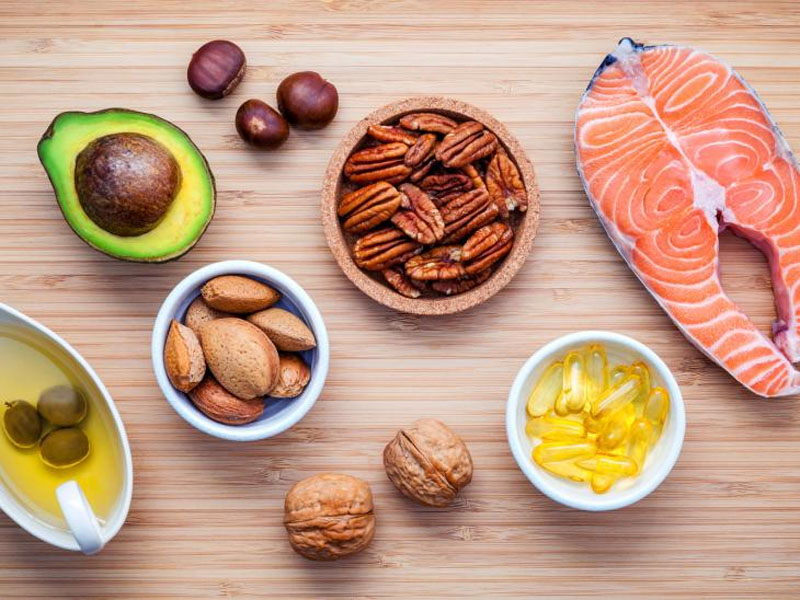Female fertility issues are often difficult to treat and are complicated. However, male fertility issues are more receptive to changes in health habits and lifestyle. For example; researches have shown that if a man quits smoking., within three months the sperm count shows improvement
Causes of Male Infertility:
- Increased Weight
- Inflammation
-
- Inflammation could be
- Localized due to injury or pathogens (bacterial infections).
- Generalized due to many diseases such as obesity, diabetes, hypertension, heart problems, increased blood lipids, etc.
- Underlying Medical Conditions
-
- Diabetes
- Hypertension
- Depression
- Many Types of Infections, like infections of the sex organs due to living in unhygienic conditions
- Intake of steroids as medication
- Blockages, damage or injury to male sex organs
- Chemotherapy or radiation therapy
- Increased intake of Junk/Processed Food
- Drug Abuse
Changes that need to be made in Diet in order to address the problem of male infertility:
- Add Antioxidant rich foods to your diet:
Researchers have found that men who took antioxidants rich foods had
less DNA damaged sperm compared to men who did not take antioxidants. Antioxidants are also important to improve sperm health.
Important Antioxidants and their sources are:
-
- Folic acid
leafy green vegetables, fruits, beans, peas, and whole grains, liver and organ meats
-
- Lycopene
Tomatoes, apricots, pink grapefruit, and watermelon
-
- Selenium
High amounts in Brazil nuts (1 oz provides 780% of daily recommended value), also found in chicken, whole grains, meat, fish and eggs
-
- Vitamin C
Many fruits and vegetables, with highest levels in red peppers, kiwi, oranges, and grapefruit
-
- Vitamin E
Nuts, seeds, oils, and leafy greens, these also have omega-3 fatty acids
-
- Carotenoids
Orange, red and yellow vegetables and fruits
-
- Zinc
seafood, red meats, poultry, nuts and beans
-
- Vitamin D
Another vitamin that is related to increased male fertility. Sunlight is the main source of vitamin D.
- Reduce Soy Intake:
Many studies have proposed that phytoestrogens found in soy effect both male and female fertility. It is therefore, best to limit the intake of soy and its products. Soy is not only found in so chunks, soy sauce and tofu, but in many drinks & foods as soy milk or powdered soy, so it is best to check labels of any packaged foods.
- Choose lean sources of protein (like fish and chicken), plenty of fresh veggies and fruits, healthy fats (like olive oil and nuts), and whole grains.
- Aim for Healthy Weight: Follow a proper diet under the guidance of a qualified Dietician, in order to reach your ideal body Weight.
- Exercise Regularly: 30-40 minutes of daily aerobic exercise, such a s walking, swimming, cycling, yoga, are helpful in reducing weight, improve hormones production, managing stress apart from being helpful in maintaining a normal weight.
- Quit Smoking & Limit Alcohol: Quitting smoking has been shown to improve sperm count within 3 months as also limiting alcohol consumption.
- Manage Stress: prolonged stress raises levels of cortisol, which has strong negative effects on testosterone. When cortisol goes up, testosterone levels tend to go down. Managing stress is as simple as taking a walk, listening to your favourite music, spending time with loved ones and meditation.
To Conclude:
Dos
- Eat antioxidant-rich foods
- Limit soy intake
- Maintain a healthy weight
- Treat underlying medical conditions
- Protect yourself from toxic chemicals
Don’ts
- Smoke or use tobacco
- Drink alcohol excessively
 |
An Article By: Sunita Roy Chowdhury Nutritionist @ HealthyNudgez |


